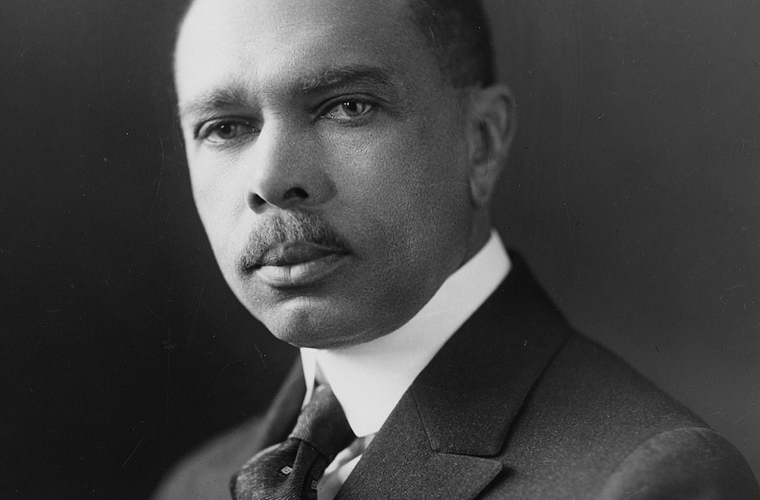James Weldon Johnson (1871-1938) was an American author, educator, lawyer, diplomat, songwriter, and civil rights activist. He was born on June 17, 1871, in Jacksonville, Florida, and was the son of Bahamian immigrants. Johnson is best known for his contributions to African American literature and his role in the civil rights movement. Johnson graduated from Atlanta University in 1894 and went on to attend the first law school in Florida, becoming the first African American to pass the state bar exam. He practiced law in Jacksonville for several years but eventually turned his attention to literature and writing.
As a writer, Johnson is remembered for his poetry, novels, and anthologies. He wrote the lyrics for the song “Lift Every Voice and Sing,” which became widely known as the “Black National Anthem” and is still sung today as a symbol of African American resilience and struggle. Johnson’s most famous novel is “The Autobiography of an Ex-Colored Man,” published anonymously in 1912. The novel explores themes of racial identity and passing and is considered an important work in African American literature.
In addition to his literary contributions, Johnson was actively involved in the civil rights movement. He served as the field secretary of the National Association for the Advancement of Colored People (NAACP) from 1916 to 1920. During his tenure, he organized protests against racial violence and advocated for anti-lynching legislation. From 1906 to 1913, Johnson worked as a U.S. consul in Venezuela and Nicaragua, becoming the first African American to hold a diplomatic post of such significance.
James Weldon Johnson’s work and activism were influential in promoting the rights and representation of African Americans. He died on June 26, 1938, in a car accident in Maine, leaving behind a lasting legacy in literature and civil rights.


